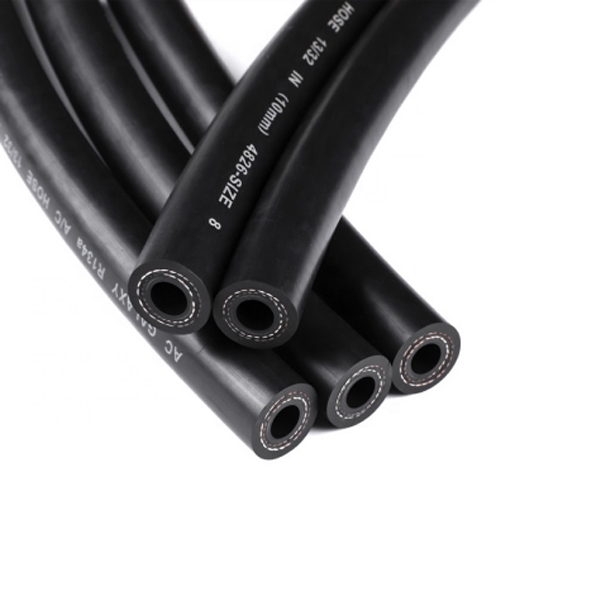transmission oil cooler tube
Dec . 12, 2024 10:51 Back to list
transmission oil cooler tube
Understanding Transmission Oil Cooler Tubes
In the complex world of automotive engineering, components often work in synergy to ensure the optimal performance of a vehicle. One such crucial component is the transmission oil cooler tube. This intricate piece plays a vital role in maintaining the efficiency and longevity of the vehicle's transmission system.
What is a Transmission Oil Cooler Tube?
The transmission oil cooler tube is a conduit that helps to regulate the temperature of the transmission fluid. Located within the vehicle's cooling system, this tube allows engine coolant to circulate around the transmission fluid, effectively lowering its temperature. It is made of durable materials, such as aluminum or steel, to withstand high temperatures and pressures.
The Importance of Temperature Regulation
Transmission fluid is essential for the smooth operation of a vehicle's transmission. It lubricates moving parts, facilitates gear shifts, and helps in the transfer of power from the engine to the wheels. However, as the vehicle operates, the transmission fluid can become excessively hot, especially in heavy-duty applications like towing or off-roading.
High temperatures can lead to several issues, including - Degradation of Transmission Fluid Elevated temperatures can break down the viscosity of the fluid, rendering it less effective. This leads to increased wear and tear on components. - Slipping Gears When fluid is too hot, it may not create sufficient pressure within the transmission, resulting in slipping gears and reduced performance. - Overheating Continuous operation at high temperatures can lead to overheating, which can cause catastrophic failure of the transmission system.
The transmission oil cooler tube, therefore, is integral to ensuring that the vehicle operates within safe thermal limits.
How Does It Work?
As the vehicle runs, the transmission fluid circulates through the transmission system. The fluid, upon reaching high temperatures, flows into the cooler tube. Here, it is routed through a series of channels adjacent to the engine coolant. The coolant absorbs excess heat from the transmission fluid, cooling it before it re-enters the transmission system.
transmission oil cooler tube

This cooling process is essential, particularly for vehicles that undergo heavy usage. For instance, trucks used for towing or racing cars that experience constant high-speed operation are more susceptible to high transmission temperatures. In these cases, an efficient cooler tube can be the difference between a reliable vehicle and a costly breakdown.
Signs of a Failing Transmission Oil Cooler Tube
Like any vehicle component, the transmission oil cooler tube can experience wear and tear over time. Some common signs that the cooler tube may be failing include
1. Overheating Transmission If the transmission fluid becomes too hot, it may indicate a failure in the cooler system. 2. Leaks Visible fluid leaks around the cooler tube can signal deterioration. 3. Slipping Gears Difficulty in shifting gears may suggest that the transmission fluid is not at optimal levels or quality. 4. Warning Lights Many modern vehicles are equipped with diagnostic systems that alert drivers to potential issues, including transmission overheating.
Maintenance and Replacement
Regular maintenance is vital for the longevity of a vehicle's transmission system. Owners should routinely check transmission fluid levels and quality, ensuring that the oil cooler tube is clear of obstructions and leaks.
If problems are suspected, a professional mechanic should inspect the transmission oil cooler tube. Replacement may be necessary if significant wear is evident or if the tube is leaking.
Conclusion
The transmission oil cooler tube is a small yet powerful component that plays an essential role in vehicle transmission health. Understanding its function and maintaining its efficiency can lead to a smoother driving experience and prolong the life of the vehicle. By monitoring transmission fluid temperatures and addressing issues promptly, drivers can ensure that their vehicles perform optimally, no matter the demands placed on them.
